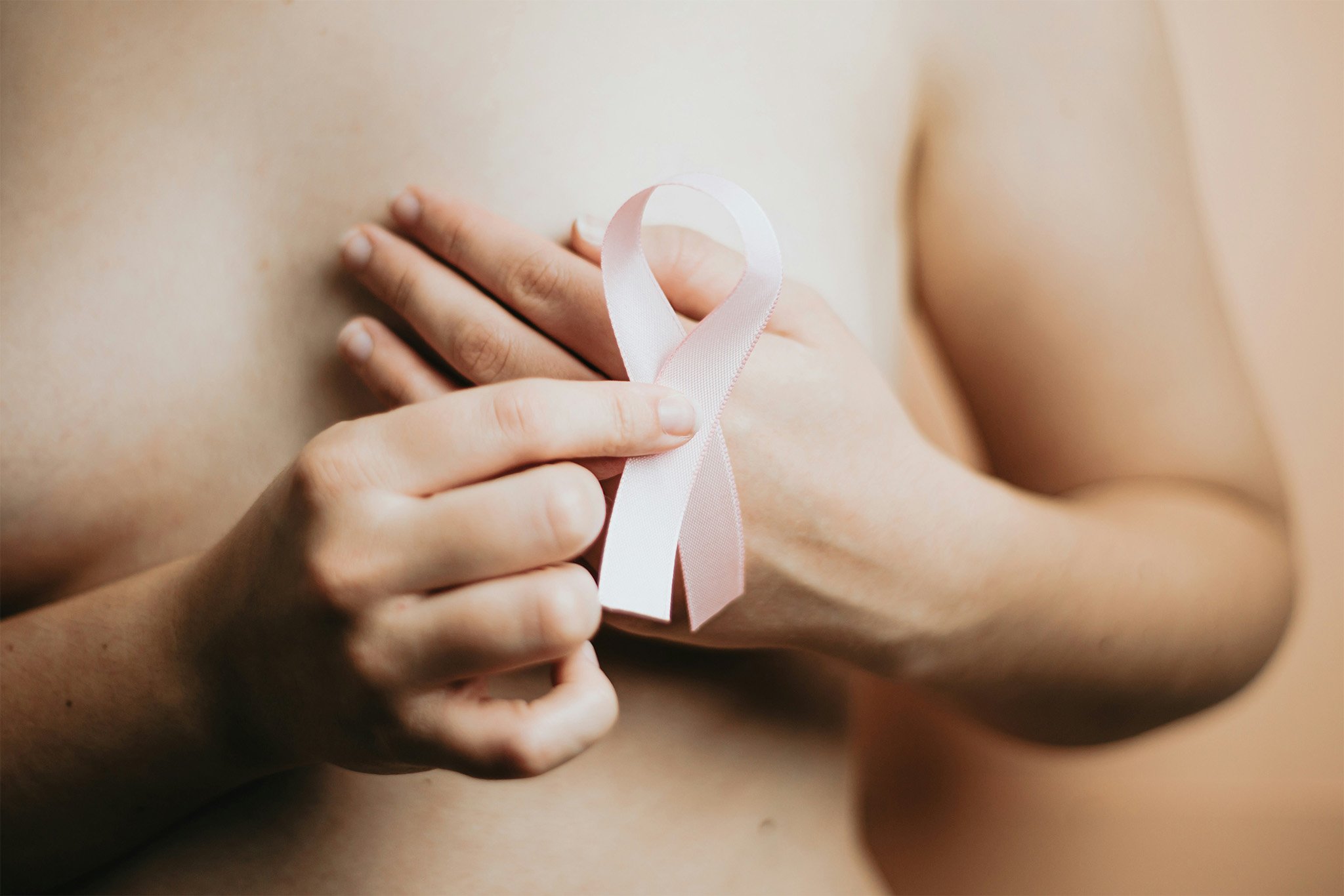Jun 24, 2025 11:17:50 PM

Receiving a breast cancer diagnosis often leads to the question: what are the cures for breast cancer? Surgery is usually the first treatment, often followed by radiation, chemotherapy, hormone therapy, targeted therapy, or immunotherapy. When detected early, breast cancer is highly treatable, and many patients live without recurrence. In this blog, we look at treatment options that can lead to a cure and how new technologies are improving outcomes.
What Does a “Cure” Mean in Breast Cancer?
When we talk about a “cure” for breast cancer, we often imagine a complete eradication of the disease. In clinical terms, a cure means the cancer does not return after treatment. However, the reality is more nuanced. Especially in early-stage breast cancer, treatment can result in complete remission, meaning no detectable signs of cancer remain.
In many cases, what is achieved is a “functional cure”. a long-term remission where patients live cancer-free for years. This is not always permanent, as cancer can return, even after a long time. In advanced stages, the focus shifts to controlling the disease to ensure the best possible quality of life, rather than achieving full elimination. Ultimately, the goal is to improve both longevity and the daily well-being of patients.
What Are the Cures for Breast Cancer?
There is no single cure for breast cancer, but rather a range of treatments tailored to the individual patient. These treatments depend on several factors, including the type, stage, and size of the tumor. Commonly used treatments that can lead to remission include:
- Surgery, such as lumpectomy (removing the tumor) or mastectomy (removing the entire breast)
- Radiation therapy, to destroy cancer cells left after surgery
- Chemotherapy, which targets fast-growing cancer cells throughout the body
- Hormone therapy, used if the cancer is hormone-receptor-positive
- Targeted therapy, which focuses on specific molecules in cancer cells
- Immunotherapy, which helps the body’s immune system fight the cancer
In many cases, these treatments are combined to increase effectiveness.
Factors That Influence Whether Breast Cancer Can be Cured
Whether breast cancer can be cured depends on a wide range of factors, and no two cases are exactly the same. While advances in treatment have significantly improved survival rates, the outcome for each patient is influenced by personal, biological, and medical variables. Understanding these can help both patients and healthcare providers make informed decisions and set realistic expectations. Below are some factors that determine the chances of a successful outcome:
- Type of breast cancer (e.g., hormone-receptor status or HER2 status)
- Stage at diagnosis
- Age and overall health of the patient
- Genetic markers, such as BRCA mutations
- How well the cancer responds to therapy
It is important to note that each patient has their own unique journey. Treatment success varies, and ongoing monitoring remains crucial even after remission.
New Innovations That Are Improving Outcomes
Advancements in technology continue to redefine how treatable breast cancer is today, making treatment more effective and patient-friendly. Key advances include:
- New navigation technologies, such as Sirius Pintuition®, enable more precise tumor localization
- Minimally invasive surgeries reduce physical and emotional impact
- Magnetic seed localization, like the Pintuition® Marker, improves surgical planning without relying on traditional wires or radioactive materials
Innovation in Focus: Sirius Pintuition® empowers surgeons and radiologists with accurate, intuitive, and affordable guidance during tumor surgery.
Staying Informed and Empowered
Patients who are informed about their diagnosis and treatment options are better equipped to make confident decisions. Here are a few ways to stay engaged and empowered:
- Learn about your cancer type and treatment options
Understanding your diagnosis helps you take an active role in making informed decisions. - Seek a second opinion if needed
Especially with complex treatment plans, another perspective can be valuable. - Explore clinical trials
These may offer access to new therapies that are not yet widely available. - Use support services
Cancer support groups, patient navigators, and online forums can offer practical help and emotional support.
Empowerment through knowledge and connection can make a real difference. Both physically and mentally.
Disclaimer
This article is intended for informational purposes only and should not be considered medical advice. While Sirius Medical is dedicated to improving breast cancer treatment through innovative localization technology, we do not provide medical diagnoses or treatment recommendations. If you experience any symptoms or changes in your breast health, consult a qualified healthcare professional promptly. Early medical evaluation is crucial for accurate diagnosis and effective treatment. Always seek professional guidance for concerns regarding your health.


